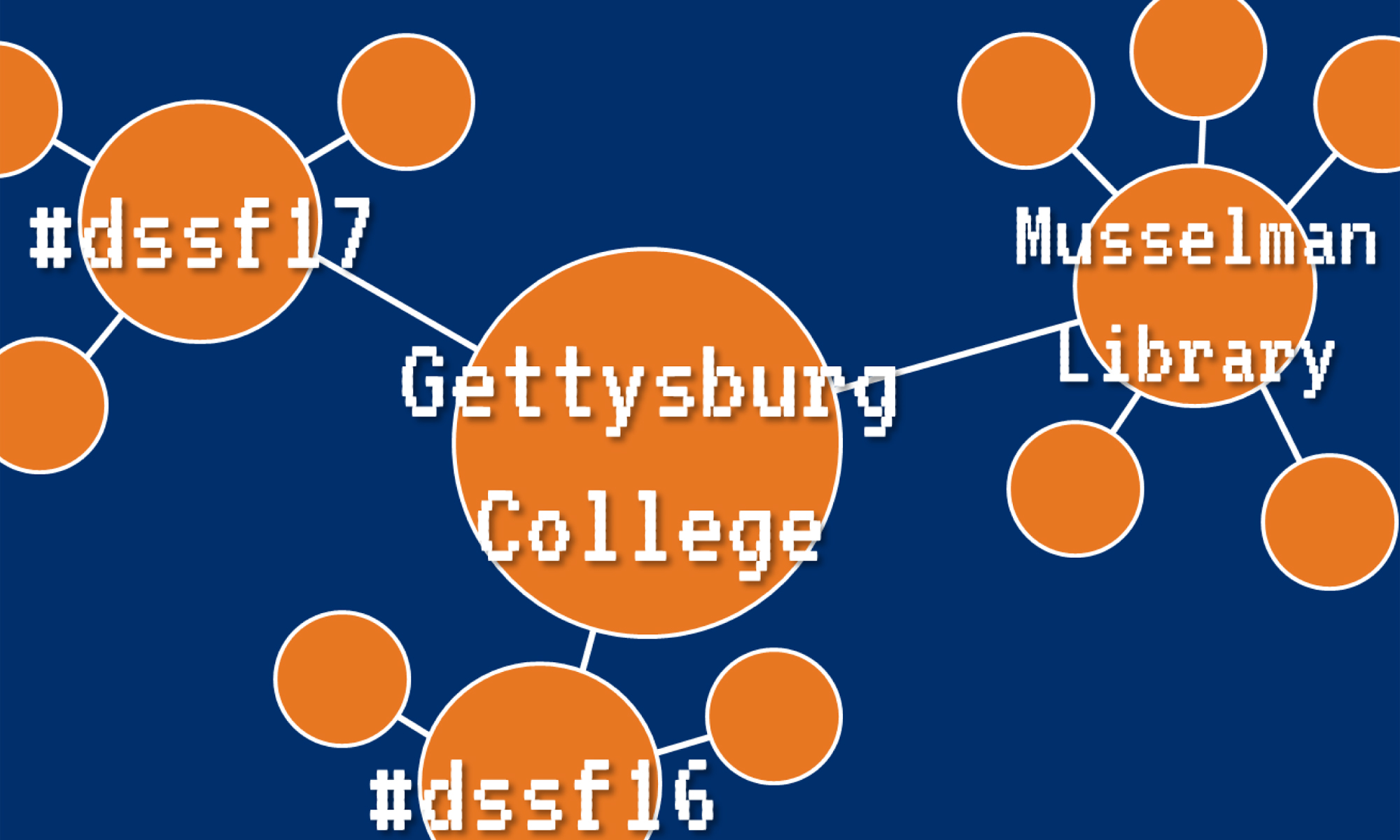So, this reading about QueerOS by Fiona Barnett, Zach Blas, Micha Cardenas, Jacob Garboury, Jessica Johnson, and Margaret Rhee is dense, weird, and kind of unapproachable. The purpose of the article is lost on me, hidden beneath jargon that requires a WGS and a computer science degree to understand (neither of which I have). If I’m missing the point of the article entirely when writing about this, please do not hesitate to engage with me and explain it to me, because I would love love love to learn more.
I see many issues within the queer community (ahem, biphobia?), and I take issue with the radicalization of the queer community that slips through the cracks of the few parts I could truly understand, and those are things I immediately see as far more pressing concerns than making the QueerOS. That’s an issue for a different blog post. However, in the meantime, we’ll go back to reacting to the article.
The joke may be lost on me if it is one, but I find it unusual for a scholarly article to crack something like this:
“By offering its flesh to the OS, the user becomes one/multiple/nothing and binds itself in a contract with the OS.The user’s offer of flesh is irrevocable, nonexclusive, worldwide, perpetual, royalty-free, and sublicensable.”
For a group that advocates for consent and states that consent can be revoked, I find this flesh language to be borderline hypocritical. Perhaps this needs to be fleshed out.
The rest of it is pretty straightforward, mentioning more about trans inclusion and how important it is to include POC as well, which I’m 100% on board for. However, I still end the article thinking: Why? What issues do you take with the existing operating systems? I understand that it was likely designed by a cishet white male, but at this point I think there’s higher priorities that need to be discussed and fixed before you go digging more into radical operating systems that won’t necessarily fix anything and won’t necessarily get you taken seriously, especially if there’s no real benefit to be gained from it and he authors of the article know it:
“We acknowledge that some of these features do not exist as part of present-day operating systems or terms of service. Nonetheless these concepts are repurposed here with performative and disruptive intent.”
I’m always fond of a little chaos and disruption, but the message doesn’t get translated well when others are worried about the chaos. I get that “neoliberals are the devil” mindset is hard to shake, but chaos isn’t going to bring everyone over to your side, and instead will alienate the people you’re trying to translate the message to.
I’m fine with a QueerOS if someone wants to make it. I’m not uncomfortable, and I’ll embrace it if it’s understandable, usable, and not put up too high in the ivory tower for even me to approach. I’m glad that there’s more queer and POC representation in DH, but this didn’t help me understand DH better. It just confused me more, actually. If you want to be inclusive, don’t bury your inclusiveness under jargon and hypocrisy.
This rant turned out longer than 100 words. Oops.
-Britt

I’m not sure I completely get the chapter either. I get what they’re going for, in that they are trying to take a very traditional space (the operating system, in this case) and find ways to subvert its norms and values. The problem is that programming and computers operate off of logic and rules and unless you can change the laws of physics, you probably can’t change the rules. However, you can change the interface and how you interact with it. I think this is more of where they are going for? …